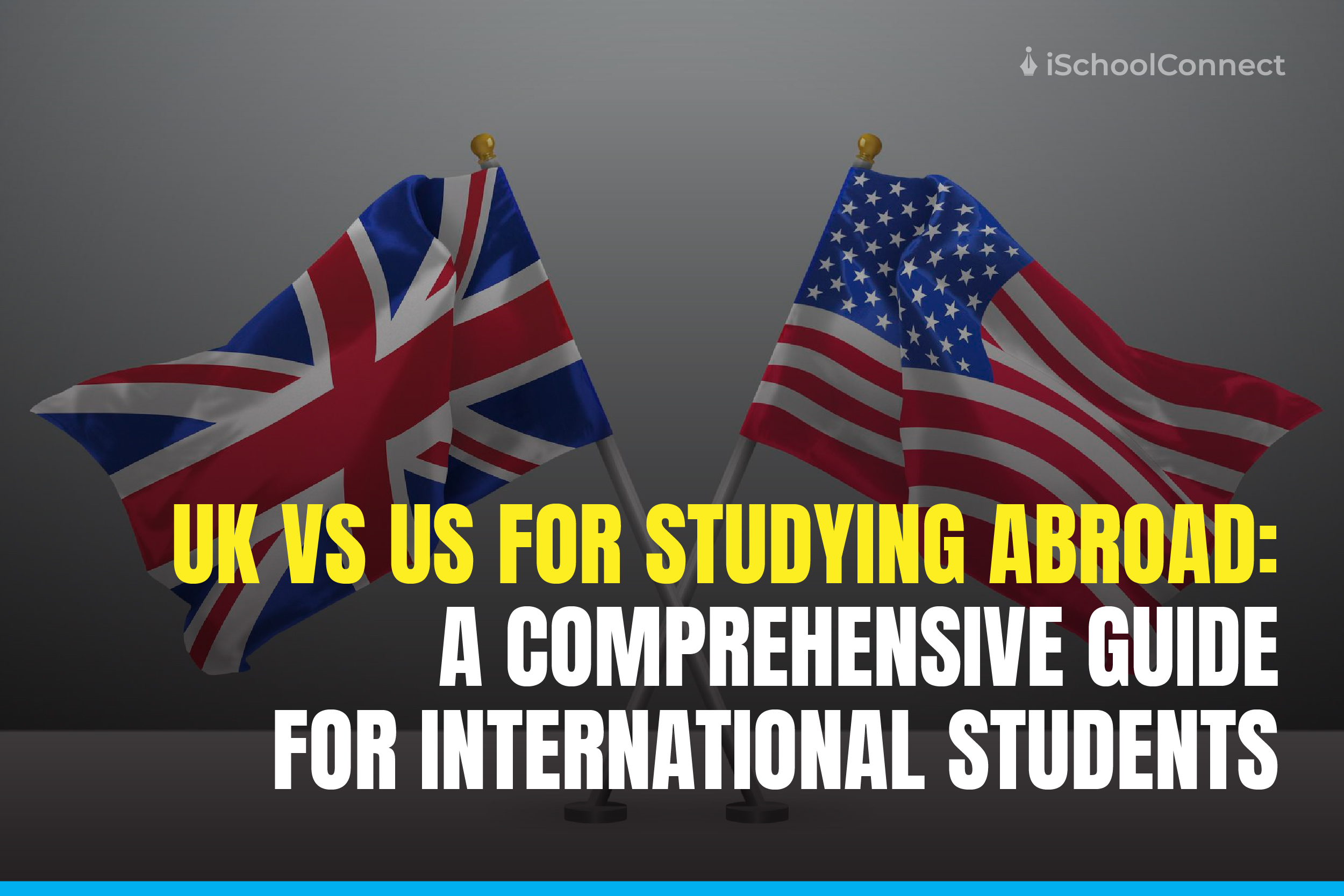Table of Contents
Navigating the path to studying abroad can be thrilling yet daunting, especially when it comes to understanding academic requirements. One of the most crucial factors in this journey is the Cumulative Grade Point Average (CGPA), which serves as a benchmark for universities worldwide. Aspiring students often wonder: what is the minimum CGPA for studying abroad needed to unlock international opportunities? While the answer varies by institution and program, a general guideline suggests aiming for a CGPA of 7.0 or higher on a 10-point scale, equating to approximately 3.0 on a 4.0 scale. This threshold not only reflects academic competence but also enhances your chances of acceptance into competitive programs across countries like the USA, Canada, and Australia. Understanding these requirements is essential for crafting a compelling application that stands out in a sea of candidates.
What is the minimum CGPA required for study abroad?
The minimum CGPA for studying abroad requirements varies based on the country, university, and specific program. Generally, a CGPA of 3.0 on a 4.0 scale (or approximately 7.0 on a 10-point scale) is considered the baseline for many institutions, especially for Master’s programs in the USA.
However, top-tier universities often demand higher scores, with many requiring a CGPA of 3.5 or above (around 8.4 – 8.5 on a 10-point scale) for competitive programs like those at MIT or Harvard.
Do Check Out: How to Convert 10 Point CGPA to 4 Point GPA
Explore: How To Convert SGPA to CGPA
A CGPA of 2.75 to 3.0 may suffice for students aiming for less competitive universities. It is essential for applicants to research specific university requirements and consider bolstering their applications with strong standardized test scores and relevant experience if their CGPA is below the recommended threshold.
Top 10 Countries and their minimum CGPA requirement for studying abroad:
| Country | Minimum CGPA for UG Courses | Minimum CGPA for PG Courses |
| United States | 2.5 – 3.0 | 3.0 |
| Canada | 2.7 – 3.0 | 2.5 – 3.0 |
| Germany | 2.5 – 3.0 | No strict minimum, but aim for 2.5 |
| Australia | 6.0 (on a scale of 10) | 6.0 (on a scale of 10) |
| Ireland | 6.0 (or 60%) | 6.0 (or 60%) |
| New Zealand | 3.0 | 3.0 |
| Netherlands | Varies by program, generally around 6.0 (or ~60%) | Varies by program, generally around 6.0 (or ~60%) |
| Sweden | Varies, often around 3.0 | Varies, often around 3.0 |
| Norway | No strict minimum | No strict minimum |
| Finland | Varies, typically around 2.5 | Varies, typically around 2.5 |
List of Countries that accept minimum CGPA for studying abroad
United States
Home to many top-ranked universities, the U.S. offers diverse programs and cutting-edge research opportunities. The vibrant campus life and cultural diversity enhance the overall educational experience.
Canada
Known for its high-quality education and affordable tuition, Canada also provides a safe and inclusive environment. International students can work part-time during their studies and benefit from post-graduate work permits, making it an attractive option.
Germany
Offers tuition-free or low-cost education at public universities, Germany is renowned for its engineering and technical programs. The country promotes research and innovation with a strong emphasis on practical experience.
Australia
With a strong reputation for academic excellence, Australia provides a multicultural environment and a high quality of life. Students can work while studying, and the country is home to several world-class universities.
Ireland
Known for its friendly atmosphere and high-quality education system, Ireland offers numerous scholarships for international students. The country has a growing tech industry, providing ample job opportunities post-graduation.
New Zealand
Offers a unique educational experience with a focus on research and innovation. New Zealand is known for its stunning landscapes and high quality of life, making it an appealing destination for international students.
Netherlands
Renowned for its high-quality education system with many programs offered in English, the Netherlands is known for its innovative teaching methods and strong emphasis on research. The country also has a welcoming culture for international students.
Sweden
Offers excellent education with a focus on sustainability and innovation. Sweden’s universities encourage critical thinking and creativity, providing a supportive environment for international students.
Norway
Provides free education at public universities for international students, Norway is known for its high standard of living and stunning natural beauty. The country emphasizes research and offers numerous programs in English.
Finland
Known for its innovative education system that emphasizes student well-being and equality, Finland offers high-quality programs in various fields. The country has a welcoming culture and provides many courses in English for international students.
Summary
The minimum CGPA for studying abroad varies by country, university, and program, typically around 3.0 on a 4.0 scale (or 7.0 on a 10-point scale) for many institutions. Top countries like the USA, Canada, Germany, and Australia offer options for students with lower CGPAs, with some institutions requiring only around 2.5-3.0. These nations provide excellent education, research opportunities, and post-study work options, making them ideal for international students seeking diverse academic and cultural experiences. This guide helps students up the ante when it comes to their preparations and enlightens them about the minimum CGPA for studying abroad. It also makes students aware of the various distinctions between different countries, which they might consider as their preferred choice of study.
FAQs
- What is the minimum CGPA required to study abroad?
The minimum CGPA for studying abroad generally starts at around 3.0 on a 4.0 scale (or 7.0 on a 10-point scale). However, requirements vary by country, university, and program, with some institutions accepting CGPAs as low as 2.5.
- Can I study abroad with a low CGPA?
Yes, some countries and universities accept lower CGPAs (2.5-3.0), especially in countries like Germany, Canada, and Finland. Strengthening your application with test scores, work experience, or recommendation letters can improve your chances.
- How can I improve my chances of admission with a low CGPA?
To offset a low CGPA, consider scoring well on standardized tests (like GRE, GMAT), gaining relevant work or research experience, and submitting strong letters of recommendation.






